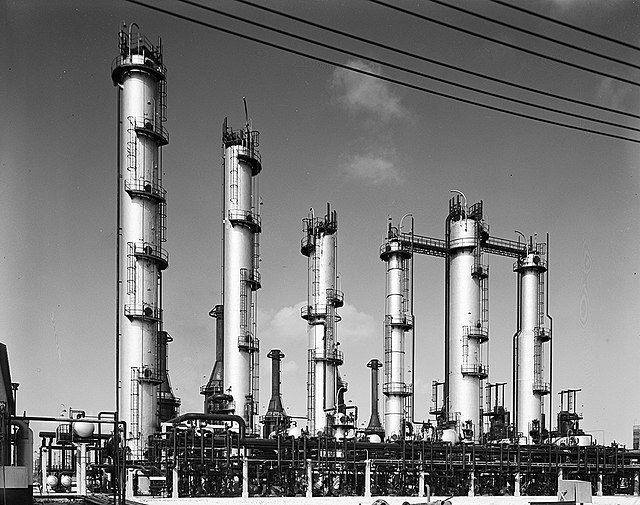Held v. Montana: An Upcoming Constitutional Case for Environmental Responsibility
- Aidan Ruetschle
- Apr 26, 2023
- 3 min read
Important lawsuits are determining the future of environmental law globally. In the United States, Held v. Montana is going to trial from the 12th to 23rd June this year in the First Judicial District Court of Helena, Montana. On 13th March 2020, sixteen youth plaintiffs between the ages of two and eighteen filed a constitutional climate lawsuit against the state, the first youth climate trial to be made in US history. The plaintiffs and their representation contend that the state of Montana, some laws of which have encouraged the use of fossil fuels, have failed to act in accordance with the state constitution which holds that ‘the state and each person shall maintain and improve a clean and healthful environment in Montana for present and future generations.’
Though notable for its success, Held v. Montana is only a part of a collective effort by Our Children’s Trust to give representation to young people on government-supported cases of climate change. The non-profit public interest law firm, based in Oregon, has sued on behalf of youth in all fifty states for climate related constitutional lawsuits, one of the more famous cases being Juliana v United States. Despite this large-scale effort, and some promising movement and support behind cases like Juliana v. United States, Held v. Montana is the first of these to make it to trial, and may provide legal precedent for similar cases to move forward.
Similar to other cases represented by Our Children’s Trust, Held v. Montana works upon the claim that children and young people are those who will be most adversely affected by climate change, and thus the best suited to be plaintiffs for these cases. As such, the sixteen plaintiffs selected for the case are each uniquely situated to enjoy or have stake in the healthy natural environment of Montana, and have also seen the degradation of that environment from the effects of climate change. Rikki Held, the oldest and only named plaintiff for the case, was only eighteen when the initial lawsuit was filed, and is now a student at Colorado College. Having grown up on a ranch in Montana, Rikki developed an interest in preserving the state’s natural environment, and saw firsthand the costs of climate change through its droughts and wildfires. The youngest of the case’s plaintiffs, Nathaniel, only two at the time the suit was filed, suffers respiratory issues that his parents allege are made worse by those same wildfires.
Held v. Montana is believed to be a particularly strong case for two main reasons. First, Montana is particularly clear in providing inalienable rights to environmental protections, with plaintiffs citing articles 2.3, 2.4, 2.15, 2.17, 9.1, and 9.3 from Montana’s constitution, as well as the Public Trust Doctrine in support of the precedent. A lack of this clarity and environmentalism may be the reason cases in other states have failed to make headway. Second, Montana is an example of affirmative and impactful laws that support the fossil fuel industry. The plaintiffs particularly focus on sections of the State Energy Policy, which despite the explicit purpose of providing "a reliable and efficient mix of energy sources that represent the least social, environmental, and economic costs and the greatest long-term benefits to Montana citizens" contains five provisions that promote the use of fossil fuels, as found in Mont. Code Ann. 90-4-1001(c)-(g). Affirmative laws like this one are seen as responsible for allowing Montana to become the United States’ fifth largest coal producer, and the twelfth largest oil producer, therefore not only allowing but exacerbating the effects of climate change in contradiction to its 1972 constitution.
Despite receiving widespread opposition from the state and the courts, and being almost certain to enter the Montana supreme court on appeal, Held v. Montana has managed to overcome multiple motions to dismiss, including attempts to take away supervisory control from the trial judge and close discovery. While the case still has months before it begins, and will likely continue to encounter strong opposition, its potential success may be powerful. Though strong legislative change cannot be expected immediately, the primary purpose of the case is finding declaratory relief acknowledging fossil fuels and their impact on climate change. Such an admission of causation could set precedent essential to climate litigation in decades to come, making Held v. Montana a very important case to watch.



